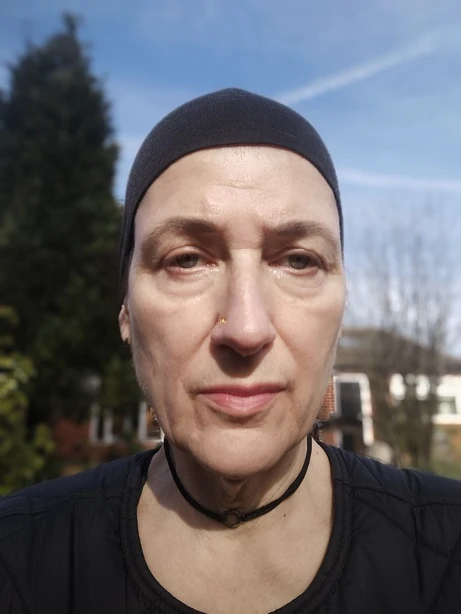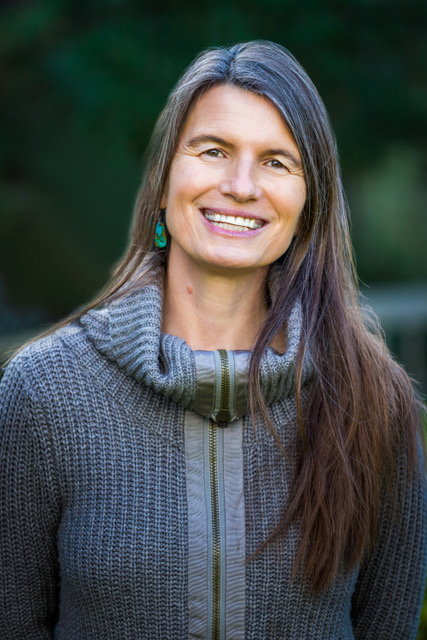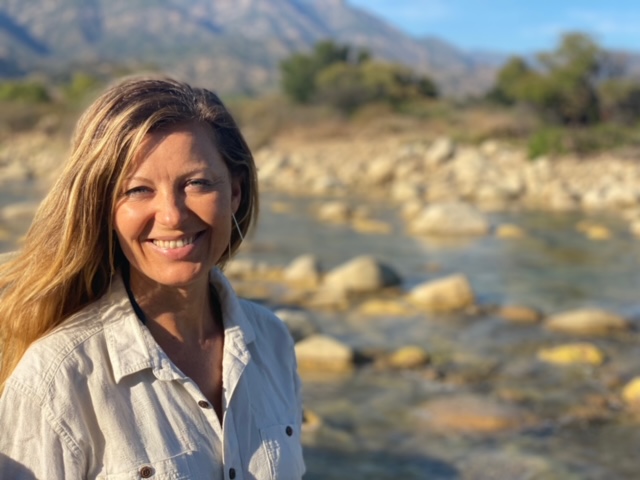Your cart is currently empty!

Beyond Bohm 2025: Bohm’s Hard Problem and Device Culture
- This event has passed.
July 26 @ 6:00 pm – July 27 @ 8:00 pm CEST

112 people are attending Beyond Bohm 2025: Bohm’s Hard Problem and Device Culture
Beyond Bohm 2025 (3 of 3):
Bohm’s Hard Problem and Device Culture
Saturday and Sunday, July 26 and 27, 2025
9:00am PDT | 12:00pm EDT | 5:00pm BST | 6:00pm CEST
2 two-hour sessions.
The session is LIVE. All participants will receive the RECORDING.
While our first two weekends will focus on two views of wholeness – in the natural world and in the human-made world – our final weekend will take up Bohm’s “hard problem”: that is, changing the reflexive, thought-centered nature of our everyday consciousness. Bohm pointed to the necessity of apprehending and altering our age-old engagement with what he called “thought as a system” – the tacit, culture-wide commitment to a pervasively fragmented worldview, inclusive of ourselves and our own individual consciousness.
This potential transformation is difficult under the best of circumstances – thus, a “hard problem” – and has been a perennial challenge for humanity. When Bohm began putting forward his proposals in the late 1970s and early 80s, the accelerating nature of communication media was formative in his assessment of how the subtle fragmentation of thought as a system operates. Now, in 2025, our enmeshment in this system is far more pervasive and tenacious, due in large part to our immersion in interactive digital devices.
In his original proposals, Bohm put great emphasis on the manner in which thought and feeling reflexively and repetitively sustain one another, leaving precious little opportunity for careful examination and understanding of the implications of this mechanical patterning. It is startlingly ironic then, that today we live in a digital environment that is specifically designed to amplify and exaggerate the very reflexes Bohm had hoped we could free ourselves from. In the first day of this weekend, our panel will give sustained attention to the manner in which thought as a system has become much harder to apprehend and counteract than it was when Bohm formulated his original concerns.
Our second day will open more broadly, dedicating the entire session to participant engagement with our panel. We will continue our examination of how social media – whose purveyors are Facebook-Meta, Instagram, X, TikTok, and Snapchat – intentionally create addictive behavior, ranging from existential anxiety in the formative psyches of adolescents, to the dopamine-fueled rage that has infected societies across the globe.
Questions and themes will include, but not be limited to: Are our life choices arising from intelligence and free will, or are they being more and more determined by corporate algorithms? Is technology inherently neutral – as many claim – the only question then being whether we use it for good or ill? Why does biological research have legal and ethical guardrails, whereas socio-technological research and application do not? Is the deepening fascination with the self-image and its attendant narcissism now an intractable feature of contemporary culture? What are the implications of young children spending an average of 7 hours per day in front of screens, while spending an average of less than 10 minutes per day in outdoor activities? Perhaps most importantly, what can we actually do in the face of these challenges? Do we want to do anything at all, or are we satisfied with the status quo?
Please join us to participate in this timely and important conversation.
Possible reading (helpful, not required):
- The Endgame of Edgelord Eschatology
- https://www.hhs.gov/surgeongeneral/reports-and-publications/youth-mental-health/social-media/index.html
(provides multiple links to the 2023 US Surgeon General’s report on social media) - Alone Together, Sherry Turkle (one of the most comprehensive books currently available on what is really happening in our psychological relationship to digital platforms and artifacts…Turkle is a peerless researcher who has been surveying this terrain for decades)
- Ten Arguments for Deleting Your Social Media Accounts, Jaron Lanier (from the Silicon Valley insider who coined the term “virtual reality,” and developed the first viable VR headset in the 1980s… here he offers a searing indictment of social media and its pernicious underlying intentions)
- Superbloom, Nicholas Carr (clear-eyed assessment of the history, digital architecture, and implications of immersive social media… superb research references)
- Thought as a System, David Bohm (primary reference for understanding Bohm’s view of thought, feeling, and society)
- The Social Dilemma (Netflix film)
- “Knowledge as Endarkenment” (PDF transcript), David Bohm (incisive early formulation of Thought as a System)

Hester Reeve is a Reader in Fine Art at Sheffield Hallam University UK. Her practice encompasseslive art, drawing, sculpture, poetry, philosophy and ‘dialogue’ (as set out by David Bohm): Art is not viewed straightforwardly as a tool of communication or form of personal expression, but more as a complex kingdom that is continually attempting to establish itself through human thought and action.
Hester’s work has been shown internationally, including at former Randolph Street Gallery Chicago, LIVE Biennale Vancouver, BONE Performance Festival Switzerland, Tate Britain, Yorkshire Sculpture Park, Halle G Vienna and, most recently, Nirox Sculpture Park, South Africa. She is a contributor to Holoflux: Codex (Pari Publishing) and a founding member of the Pari Holoflux group.

Richard Burg – In 2003 I retired from consulting, my fourth career (IT, potter, Continuing Medical Education research). My company Simple Idea worked with corporate leaders to integrate human values and productivity in a constantly changing environment – engaging with teams and individuals to build relationships within the organization that nurture the humanity in everyone, even as they work together to achieve audacious goals.
In 1990 a friend sent me a transcript of a talk given by David Bohm at MIT. In my organization development practice – focused on changing corporate cultures – group work was a built-in aspect of the process. Bohm’s dialogue experiment was thus enticing, and I discovered a Bohmian dialogue group in the San Francisco Bay Area, which I attended weekly for the next eight years. Stemming from that group, Lee Nichol and I designed a nine-hour, multi-day introduction to Bohm’s experiment at the first National Conference on Dialogue and Deliberation in Washington DC. I have since engaged in dialogue in many different contexts – most recently, like many, in online dialogues, before and during the covid pandemic.
Richard is a contributor to Holoflux: Codex (Pari Publishing) and a founding member of the Pari Holoflux group.

Melissa K. Nelson is an ecologist and Indigenous scholar-activist. She earned her Ph.D. in ecology at the University of California, Davis. Formerly a professor of American Indian Studies at San Francisco State University, she now teaches at Arizona State University in the School of Sustainability, Global Futures Laboratory. From 1993 to 2021, she served as the founding executive director and CEO of the Cultural Conservancy. She now serves as their president emerita. Melissa is the Bundle Holder for the Native American Academy. She is a contributor and co-editor of Traditional Ecological Knowledge: Learning from Indigenous Practices for Environmental Sustainability, published by Cambridge University Press in 2018. She is also a contributor and the editor of Original Instructions: Indigenous Teachings for a Sustainable Future (2008). She is Anishinaabe/Métis/Norwegian and a member of the Turtle Mountain Band of Chippewa Indians.

Aja Bulla Zamastil is an architectural and landscape architectural designer, public artist, and educator. As a Lecturer in the Landscape Architecture and Urbanism graduate program at the University of Southern California, she leads design studios that address adapting our constructed world to shifting natural and socio-cultural forces. As the Creative Director at Watershed Progressive, she is responsible for managing and designing landscape projects and educational programs throughout California. These projects explore how we can transform monolithic systems into resilient ecological cycles that re-enchant everyday experience and promote alternative cultural practices.
Aja is a contributor to Holoflux: Codex (Pari Publishing), and is a founding member of the Pari Holoflux experiments. As part of her undergraduate work at UC Berkeley, Aja studied under senior students of Christopher Alexander, particularly regarding The Nature of Order.

Lee Nichol is Director of Bohmian Studies at the Pari Center. As a freelance writer and editor his latest works are Entering Bohm’s Holoflux and Holoflux: Codex (both from Pari Publishing). He was a long-time friend and collaborator of David Bohm, and is editor of Bohm’s On Dialogue, The Essential David Bohm, and On Creativity.
Lee has been on the faculty of the Tibetan Nyingma Institute in Berkeley, California, and Denver University in Denver, Colorado. He sits on the Advisory Committee of the Pari Center, the Advisory Council of the Indigenous Education Institute, and is a member of the Founding Circle of the Native American Academy. He lives in Albuquerque, New Mexico with his wife Eva Casey.
Who's coming?
112 people are attending Beyond Bohm 2025: Bohm’s Hard Problem and Device Culture
